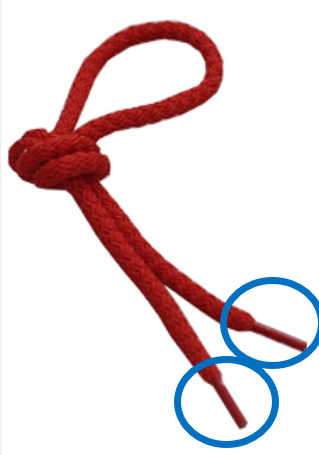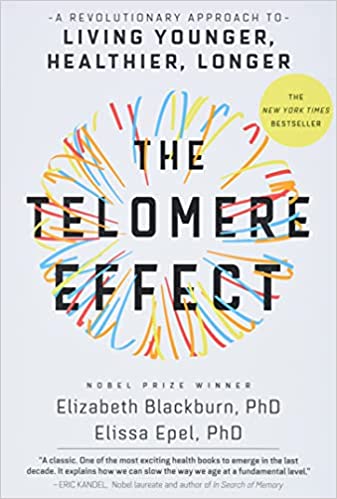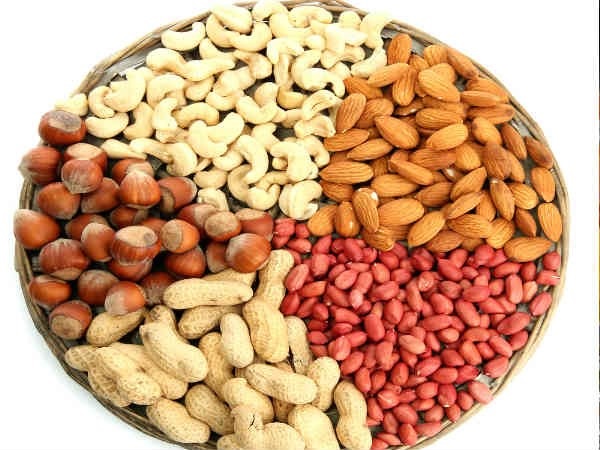Life is Short – Keep Your Telomeres Long!
Category: Healthy Choices

What exactly are telomeres?

Dr. Elizabeth Blackburn, who won the Nobel Prize in medicine for her work with telomeres and telomerase says, in an interview with The Guardian, that if you think of your chromosomes – which carry your genetic material – as shoelaces, telomeres are the little protective tips at the end.
According to Dr. Blackburn, during our lives, telomeres tend to wear down and when telomeres can’t protect chromosomes properly, cells can’t replenish and they malfunction. This sets up physiological changes in the body which increases the risks of the major diseases of aging.
In her book, The Telemere Effect, Dr. Blackburn and her co-author, Dr. Elissa Epel, reveal how their findings cumulatively show that sleep quality, exercise, aspects of diet, and even certain chemicals profoundly affect our telomeres. Their research also shows that changes we can make to our daily habits can protect our telomeres and increase our health spans (the number of years we remain healthy, active, and disease-free).

Surprisingly to some, perhaps, is the finding of one clinical study, called Telomere Length of Multiple Dietary Supplement Users, which compared telomere lengths of a population of long-term multiple supplement users from the most clinically-researched wellness company in the world, and a healthy age-matched control group of non-smoking, non-obese San Francisco Bay area population. The study showed that the supplement users had longer telomere lengths in their 50s, 60s and 70s as compared to the controls. In other words, the multi-supplement users had a far better likelihood of an increased health span!
If you are someone who’d prefer to experience the likely benefits of longer teolomeres, check out this recent article by Forbes about the wellness company represented in this study, view my website, or contact me at Jerry@Fit4LifeLLC.com!



Facebook Comments